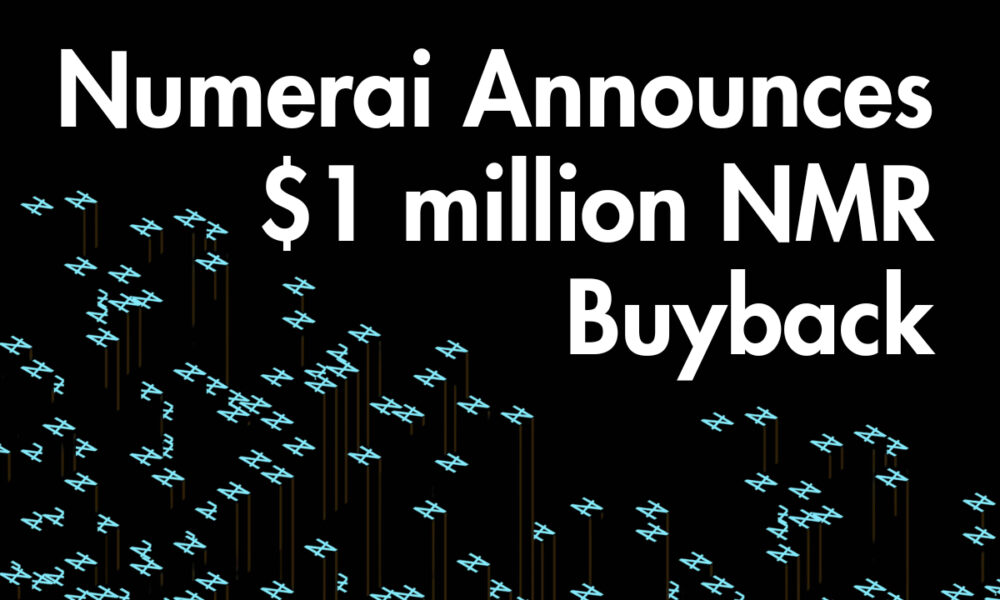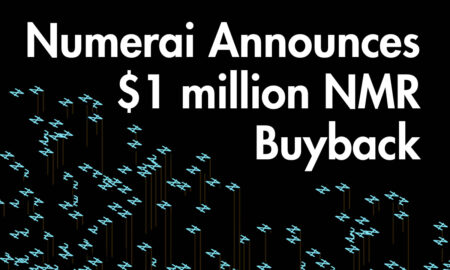What Is Online Reputation Management? Why It Matters Now More Than Ever
Have you ever Googled your name or your business and felt a little nervous about what might pop up? You’re not alone. In today’s digital-first world, your online reputation can make or break you. Whether you’re a small business owner, a freelancer, or a global brand, what people see when they search your name directly influences how they feel about you—and whether they choose to work with you.
So, what is online reputation management exactly, and why should it matter to you?
Let’s take a deep dive into this essential part of digital marketing and see how it’s become a must-have for anyone who wants to grow, protect, and control their online presence.
What is Online Reputation Management?
Online Reputation Management (ORM) is the process of monitoring, influencing, and improving how your brand or name appears on the internet. It involves:
- Addressing negative reviews or misinformation
- Promoting positive content about you or your business
- Managing your presence on review sites, Google, social media, and news outlets
- Responding to customer feedback effectively and promptly
Think of it as digital PR meets customer service—powered by data. ORM isn’t just about damage control; it’s about proactively building trust, shaping perception, and creating a strong, consistent digital identity.
Why Is Online Reputation Management So Important?
People trust online information—even if it’s from strangers. In fact:
- 91% of consumers read online reviews before making a purchase.
- 84% trust online reviews as much as personal recommendations.
- A single negative article can cost you up to 22% of potential customers.
These stats aren’t just scary—they’re a wake-up call. If you’re not managing your online reputation, someone else (or something else) is doing it for you.
Whether it’s an angry tweet, a bad Yelp review, or an outdated blog post, one piece of negative content can undo months of hard work. That’s where online reputation management services come in.
What Do Online Reputation Management Services Include?
Online reputation management services offer a comprehensive set of tools and strategies to help individuals and businesses take control of their digital presence. These services may include:
- Review Monitoring & Response: Keeping tabs on platforms like Google, Yelp, and Trustpilot—and responding professionally to feedback.
- Search Engine Suppression: Pushing down negative content in search rankings by promoting positive or neutral content.
- Social Media Management: Crafting your image on platforms like Facebook, LinkedIn, and Instagram.
- Content Creation & SEO: Creating blogs, articles, videos, and press releases to build a positive online footprint.
- Crisis Management: Rapid response to online controversies, fake reviews, or PR disasters.
These strategies don’t work overnight. But over time, they shape a brand narrative that puts you in control of your online reputation—not the internet.
The Human Side of ORM: Why It’s Not Just About Algorithms
When we ask, “what is online reputation management?”, the technical side is only half the story. The real heart of ORM lies in human perception.
People form opinions fast—and often unconsciously. The tone of your website, the way you respond to negative reviews, your presence on industry forums—it all adds up. Effective ORM is about building relationships, showing empathy, and engaging honestly with your audience.
It’s not about hiding flaws. It’s about owning your story—the good, the bad, and everything in between.
How a CRO Specialist Fits Into the Picture
You might be wondering: What does a CRO specialist have to do with online reputation management?
CRO specialist (Conversion Rate Optimization expert) focuses on turning website visitors into customers. They analyze user behavior, optimize landing pages, and improve conversion funnels. But here’s the catch—none of that works if your reputation is poor.
Even the best-designed website can’t convert visitors if they’re already skeptical because of bad reviews or a negative search result. That’s why ORM and CRO go hand in hand. When a CRO specialist partners with an ORM team, you get the best of both worlds: a website that not only attracts visitors but also converts them into loyal customers with confidence and trust.
Real-World Examples of ORM in Action
Let’s look at a couple of real-life scenarios where ORM made a difference:
Case 1: The Restaurant Comeback
A small local restaurant suffered from a wave of negative reviews during the pandemic due to slow service and limited staff. Instead of ignoring the feedback, they invested in online reputation management services to respond to every complaint, apologize genuinely, and offer gift cards for a second chance. They also started encouraging happy customers to leave reviews.
Within six months, their average rating jumped from 2.9 to 4.3 stars, and foot traffic increased by 30%.
Case 2: The CEO Crisis
A tech startup’s CEO faced public backlash due to a controversial tweet. The incident began ranking high on Google when people searched for the company. A professional ORM team quickly created high-ranking, SEO-optimized content about the CEO’s positive work, community efforts, and company milestones. They also issued an apology and engaged with critics transparently.
Result? The negative coverage was pushed down in search results, and public sentiment slowly improved.
DIY ORM Tips for Small Businesses
If you’re not ready to hire full-service ORM experts just yet, here are a few steps you can take today:
- Claim Your Listings: Make sure you own and update your profiles on Google Business, Yelp, and LinkedIn.
- Monitor Mentions: Use tools like Google Alerts or Mention to track where your brand is being talked about.
- Ask for Reviews: Encourage satisfied customers to leave honest feedback on your top platforms.
- Respond with Grace: Always reply to negative reviews calmly, professionally, and with empathy.
- Publish Content: Share stories, blog posts, or videos that show the positive side of your business.
Remember, online reputation management isn’t just reactive—it’s proactive. It’s about creating a presence you’re proud of.
Final Thoughts
So, what is online reputation management in 2025? It’s no longer a “nice-to-have.” It’s an essential pillar of your digital success. With search engines acting as the new first impression, you can’t afford to leave your reputation up to chance.
Whether you’re a growing brand, a public figure, or a small business, partnering with experienced online reputation management services and collaborating with a CRO specialist can help you create a digital presence that builds trust, attracts customers, and drives real results.
Your online reputation is your digital handshake. Make sure it’s a good one.



































